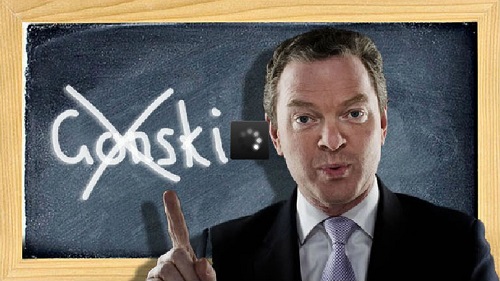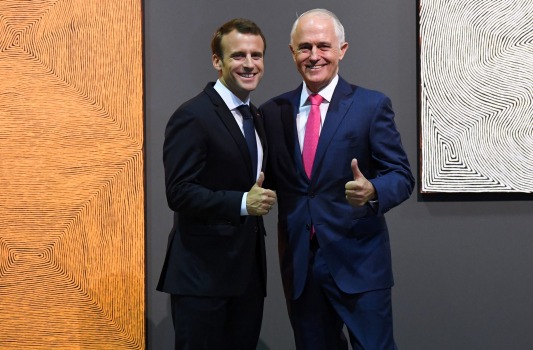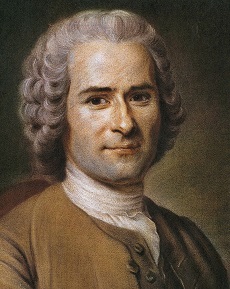An OECD survey revealed that many Australian schools have Year 11 and 12 students who lack basic necessities, including housing and adequate nutrition, according to an AAP report last year in The Guardian.
Australia has almost as many schools with significant numbers of Year 11 and 12 students from disadvantaged backgrounds as Mexico.
An OECD study has found that many Australian schools have Year 11 and Year 12 students who lack basic necessities such as adequate housing, nutrition and medical care.
The latest OECD Teaching and Learning International Study – the world’s largest international survey on teaching and learning – says 66% of Australian upper secondary teachers work in schools where principals report that more than 10% of the students come from so-called “socio-economically disadvantaged homes”.
The figure puts Australia above Poland with 62%, almost on par with Mexico where the figure is 70%, and well above the average of 43% among countries surveyed.
In Norway, the figure is just 16%.
This has implications for resourcing:
“It is important to ensure that teachers in these schools are well equipped so that they can provide students with effective learning environments despite these potentially more challenging school environments that can be linked to having large numbers of students from socio-economically disadvantaged homes,” the report found.
After the 2013 election Christopher Pyne made it clear that he didn’t support the Gonski funding model and the principles of equity that underlie it. He and Abbott misled voters on this score before the election. He promised to have a new funding model in operation by 2015.

I’ve lost contact with the progress of this matter, but can’t imagine that adequate resources are flowing to areas of need. Reading Julia Gillard’s book makes one realise how much she and Wayne Swan bent the system to squeeze out extra funding for schools while some $160 billion was found in budget savings across six budgets. That kind of commitment doesn’t exist in the LNP, probably not any longer in Labor either.
We should be concerned, however, that we live in a society where such levels of inequity exist. Wayne Swan in his book claims that inequality decreased in Australia on his watch. The data cited above stems from the end of his time. There is no prospect of improvement under Abbott.
I understand that out private school sector is the largest in the world. Part of our problem may be that we consolidate disadvantage in the public school sector.
The AAP/Guardian report was based on the analysis of data about upper secondary schooling from the 2013 OECD Teaching and Learning International Study (TALIS), published in December. Earlier a report relating to lower secondary schooling had been published, including a series of Country Notes, mainly about teachers and teaching.
In Australia teachers appear to be well qualified, with high job satisfaction, but the feeling of being under-appreciated. They seem to spend their day in much the same way as teachers elsewhere. My impression is that the get more professional development than the average, but it seems to be less effective.
41% of lower secondary teachers were men in Australia compared with 32% in TALIS countries. 61% of our principals are men compared within TALIS. Apparently we have the lowest proportion of women in the role of principal amongst the countries surveyed.
Australia, the land of the not so fair go!






 Christopher Pyne said he was expecting a warm reception from education ministers yesterday. Seems it was heated to the point of being downright explosive.
Christopher Pyne said he was expecting a warm reception from education ministers yesterday. Seems it was heated to the point of being downright explosive.